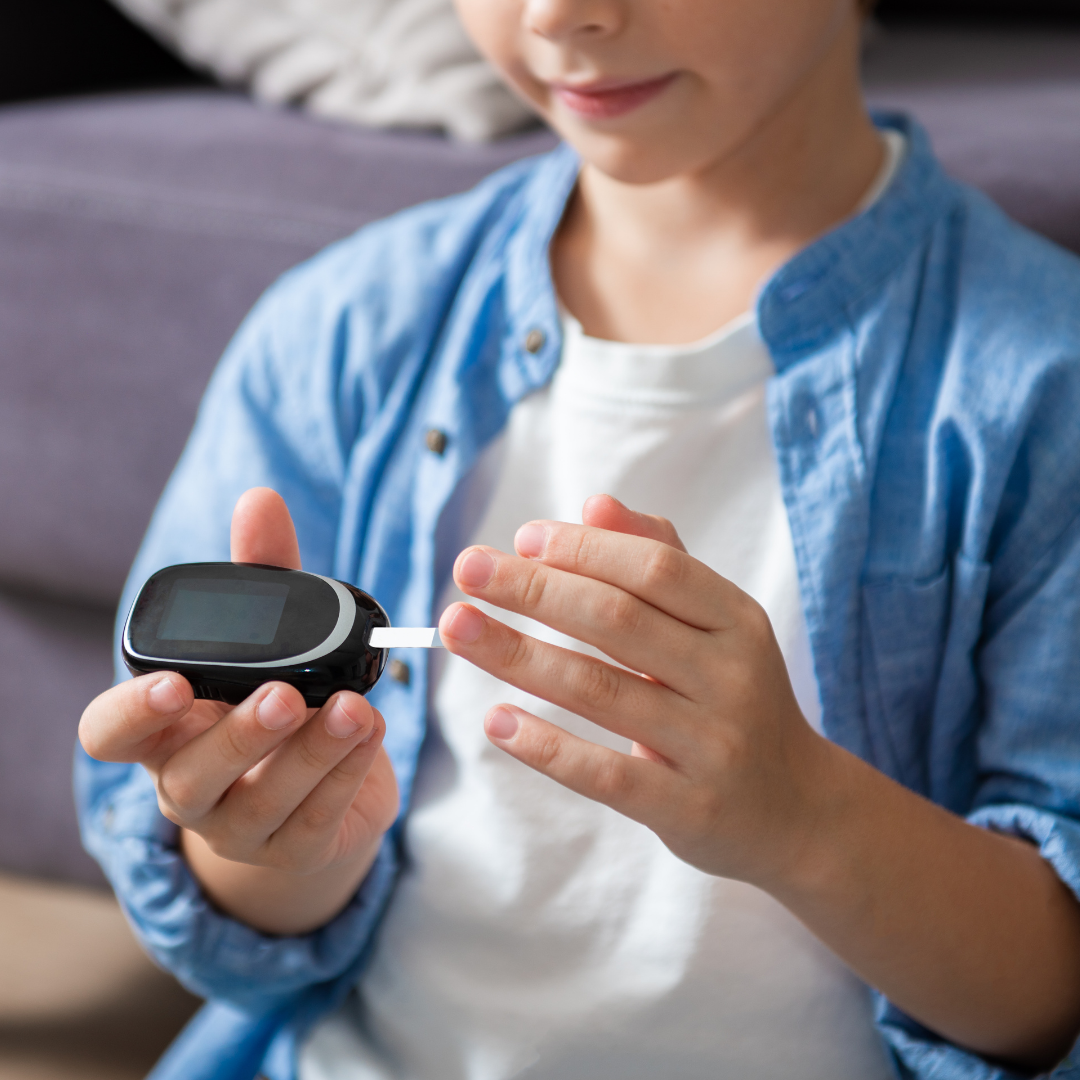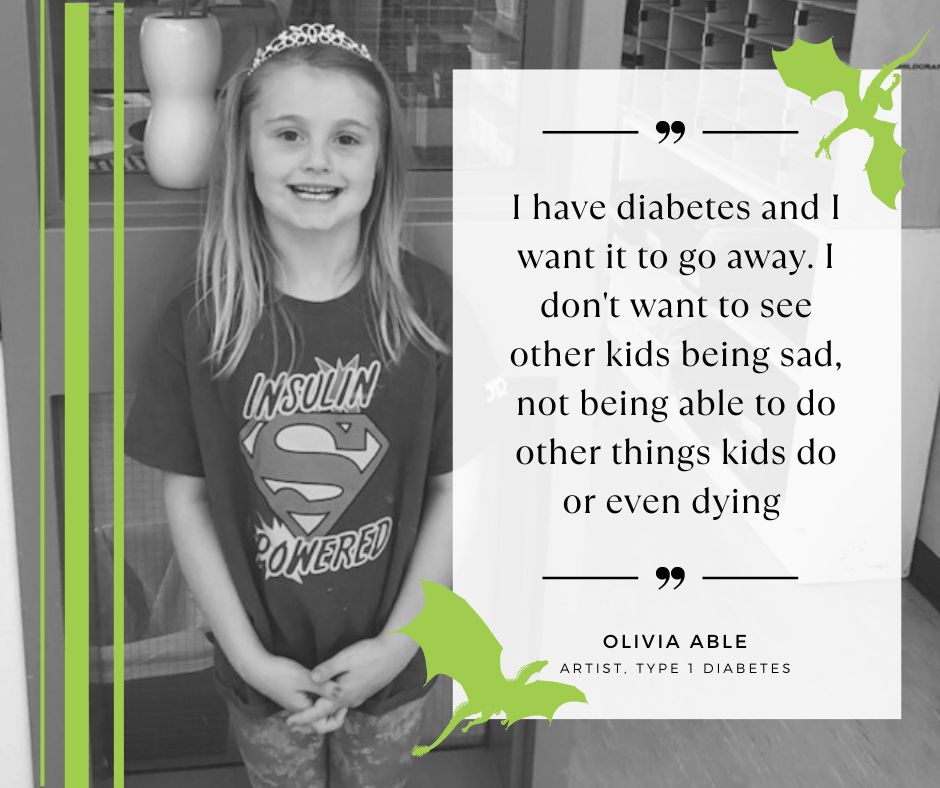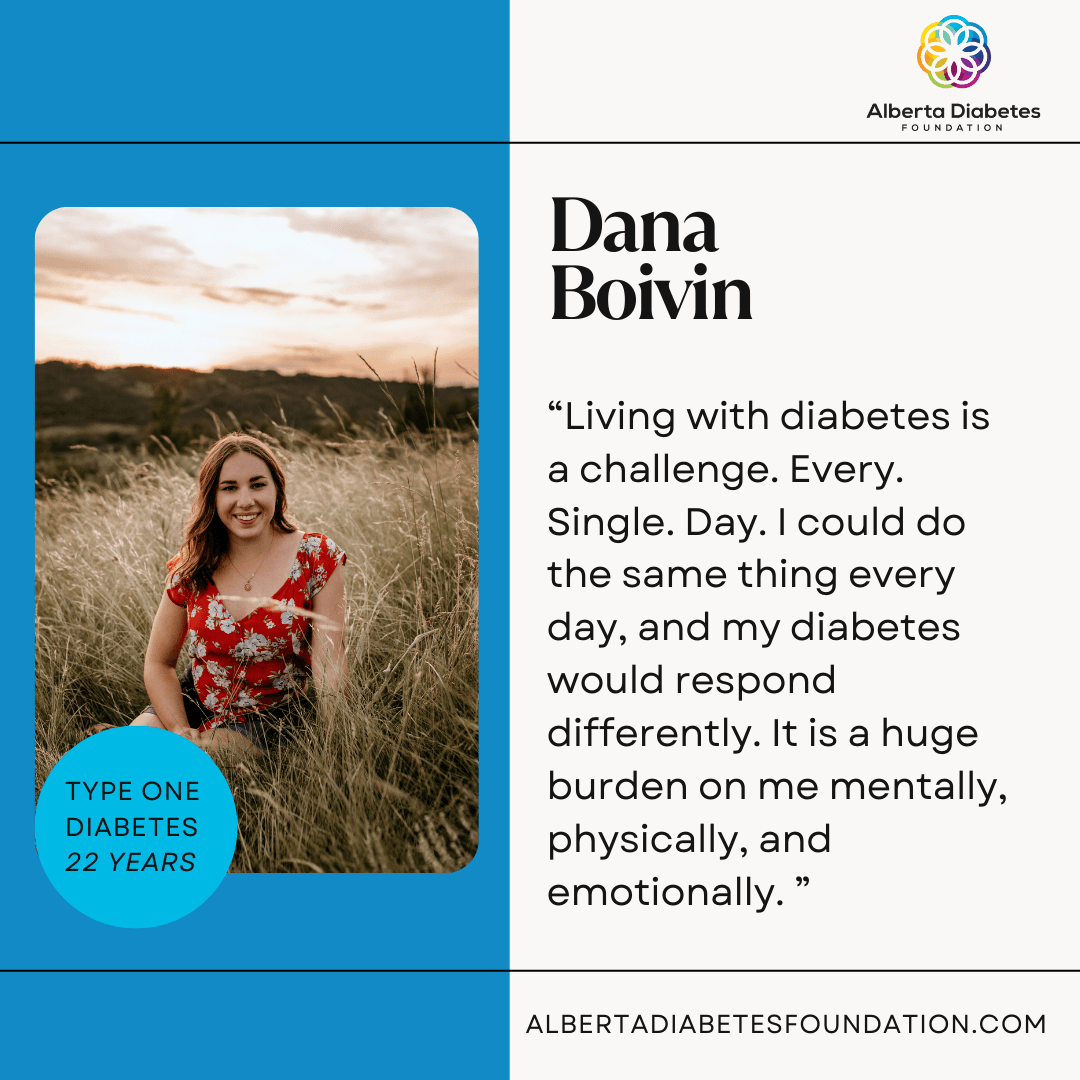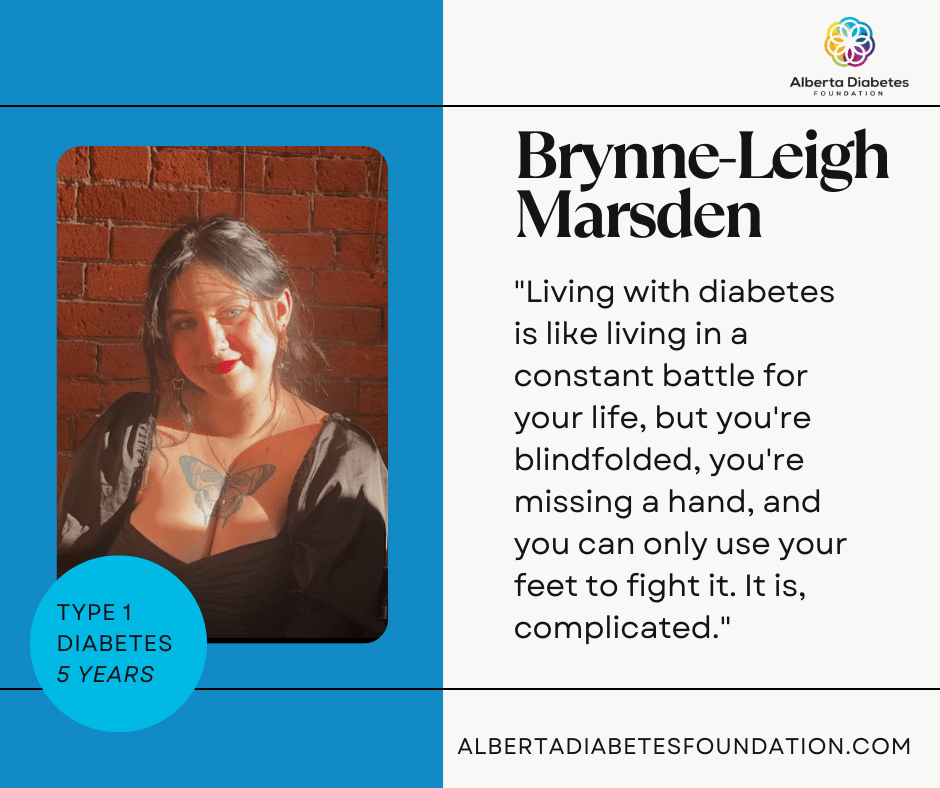Living with Diabetes in University: When the “Freshmen 15” Isn’t Your Biggest Concern.
University means a fresh start.

University means a fresh start. You can put anything you want behind you, and instead look forward to who you want to become. Even if you aren’t moving away from home and you are entering your first year of university, many aspects of your life will still change.
It is important to remember that with the many changes university brings, your diabetes management may have to change too. A new living situation, new stressors, and new faces can cause your health to dip. But we have 3 tips to prepare you for living with diabetes in university.
Tip #1: Family, friends, and the pharmacist—know your network.
University offers you the chance to meet so many new, diverse people. Although it might be overwhelming to explain your living situation several times over, it is important to establish a new support network.
You can start building your community before class even begins by introducing yourself to your medical team:
- The medical clinic – Book an appointment with
the doctor on campus one or two weeks ahead of your first class, so they can
become a part of your medical support team. The doctor can also give you with
further contacts such as a dietitian or support nurses to help you with any
challenges the campus may pose.
- The pharmacy – If you are on any medications,
such as Metformin or insulin to help manage your diabetes, go scope out the
nearest pharmacy and call ahead to familiarize yourself with their store. If
you are living on residence, and they have a “ safe-package” policy
that
requires signed pick up, it may be easiest to have your meds shipped to you.
- Residence – Most first year students will be
living in residence to have the full university experience. Chances are, your roommate
is random and you won’t know anyone on your floor. Our pro tip: to introduce
yourself and your condition to a few people who seem trustworthy and establish
a respectful rapport with your roommate at the minimum. Having some people know
about your living situation can help you avoid awkward situations or let people
know what to do if you experience hypoglycemia.
- Family – Although your family may be a 1000
miles away, you should connect your family with your new friends and doctors. That
way if anything happens to you, your family can contact your roommate or doctor
to stay updated on your condition.
- In an emergency – No matter who you have in your
support system, they can only really help you if they are informed. Creating
diabetes information sheets or emergency medical contacts could save your life.
Tip #2: Food, diet, and the allowance of alcohol.
Normally, students will only worry about budgeting out their allowance for the food hall and making sure they have enough money left over for the alcohol at the after-party. But living with diabetes brings on an additional layer of concern.
The best thing to do is to be realistic about your health and diet by bringing the healthy habits you followed at home:
- Dining Hall – There are plenty of schools that
require first year students to use the dining hall. While this may make eating
more convenient, options can be limited. Work with a dietitian or your university’s
food services to make sure you are presented with accurate nutritional
information and a variety of food options. If this isn’t an option, it is
always worth checking to see if some of your dining hall fees can be amended
for you to spend money on healthier grocery options.
- Refrigerator – Students with type 1 diabetes
will need a clean, cool storage system for their insulin, and the community
refrigerator is neither trustworthy or likely sanitary. Requesting a mini
fridge for your bedroom will give you peace of mind by knowing your insulin
injections are stored. You can also store healthy, fresh snacks by your bedside
for emergencies. Bonus!
- Party Time – It is inevitable that drinking will
happen. University is often synonymous with “party time.” Although it may be
hard, this is where sticking to your healthy habits from home will come in
handy. If you want to have a social drink or two on the weekends, make sure you
have a sober friend to help you out and keep a casual eye on you. Also, monitoring
your blood glucose levels every 30 minutes could prevent you from having any
hangover symptoms. Finally, if you are going to the bar, phone ahead to make
sure they know may be coming with sharp/pointy objects that are filled with
insulin and not illegal substances.
Tip #3 Campus Rights
Although this tip is short and sweet, it is vital! You are going to university to gain new experiences and pursue the career of your dreams, so you should focus on making the most of your academics. Letting professors or program directors know of your situation could prevent you from failing that test when you were low, as there may be an opportunity for a re-test or alternative grading opportunity. This could also lead to priority position in line-ups during food hall, the ability to eat snacks or use medical devices in class, or be used as a valid reason to miss class due to your regular A1C test.
Many students worry about stereotypical situations such as the “freshman 15,” but you have to conquer so much more in this new and exciting time!
To kick off your university career, read here on the experience of university students living with type 1 diabetes in this academic paper.
LET'S WORK TOGETHER TO FIND A CURE.
VISIT US
1-020 Li Ka Shing Centre
University of Alberta
Edmonton, AB, T6G 2E1
Office Hours
Monday-Friday 8:30-4:00
If you would like to set up an appointment at our office, please set up an appointment by contacting us at
info@abdiabetes.com










